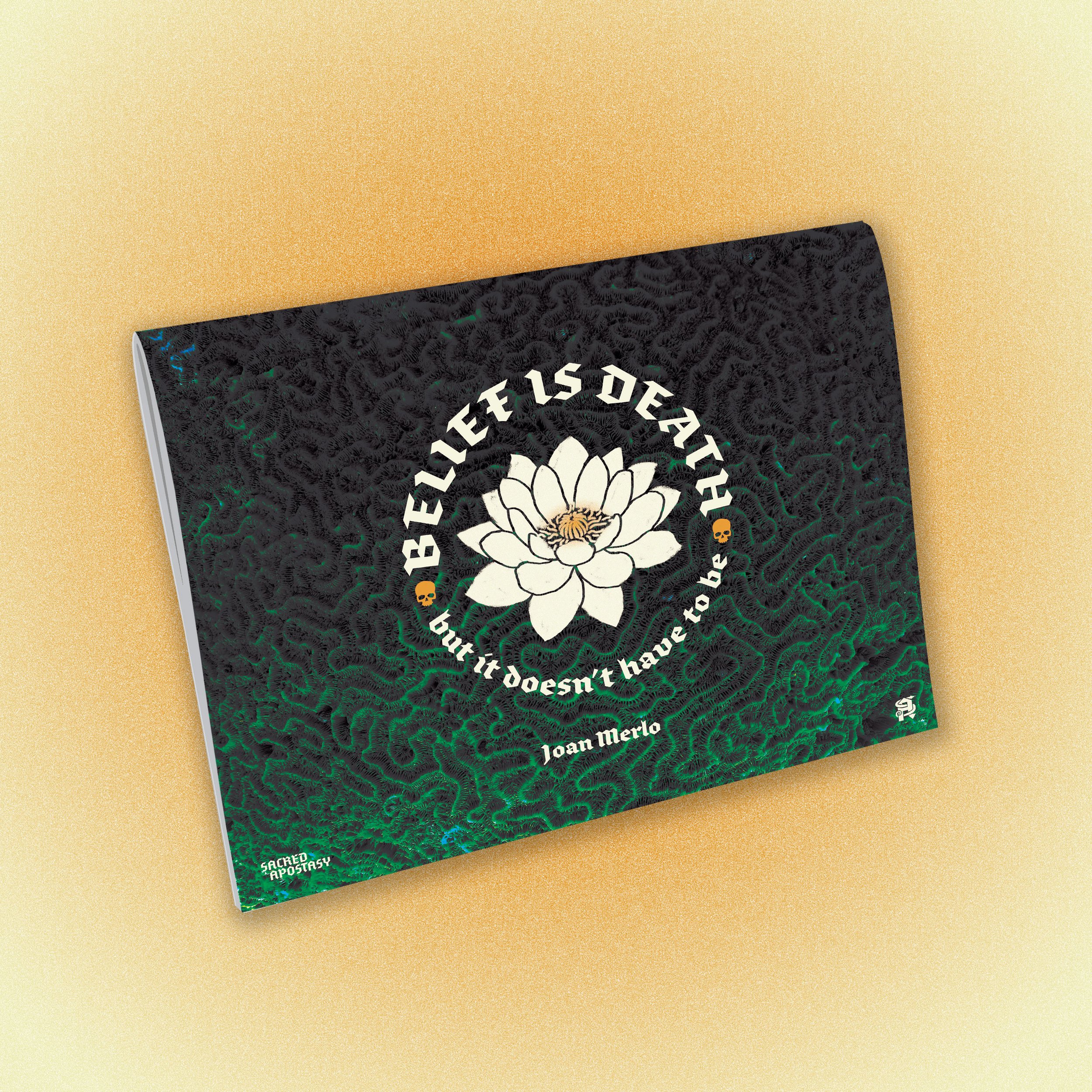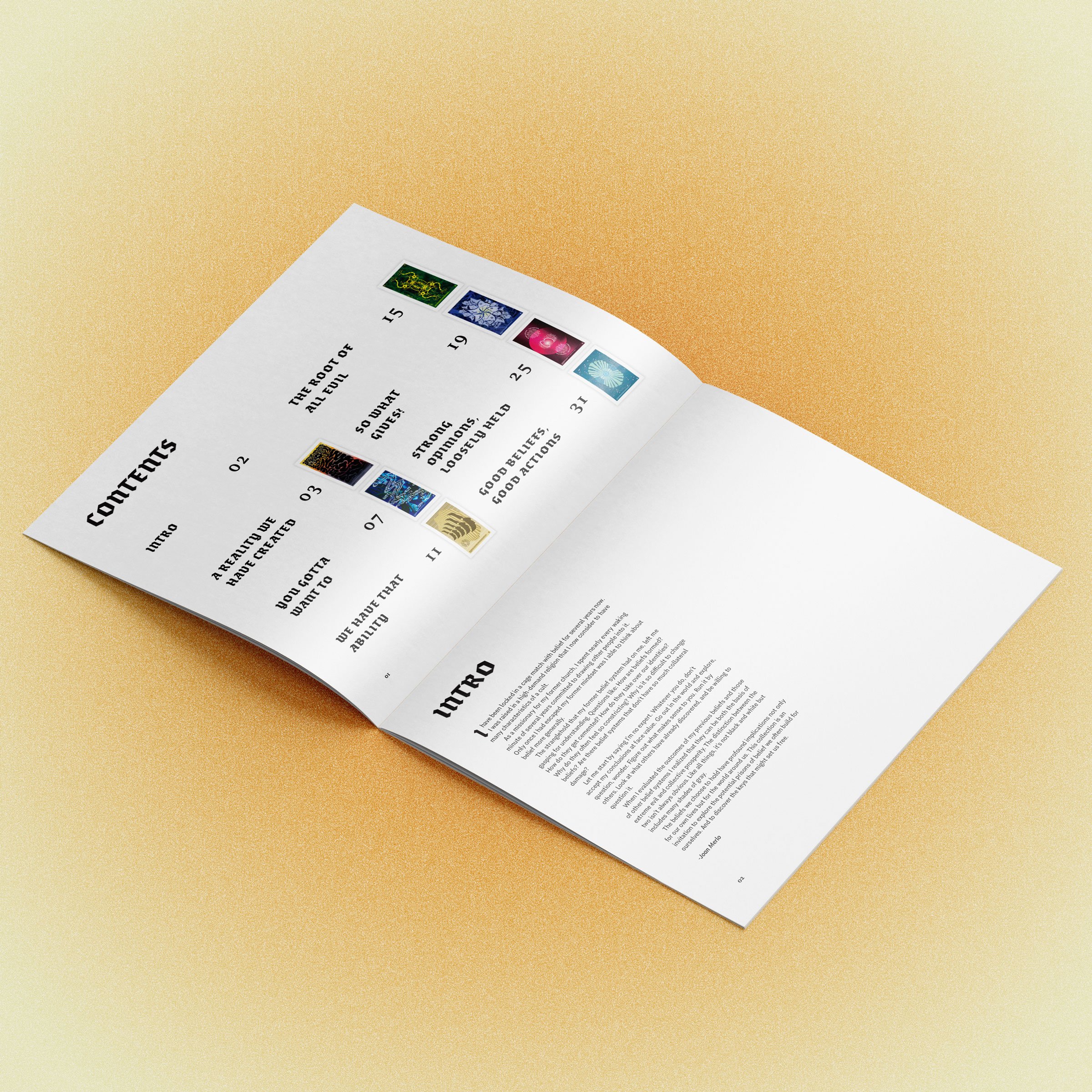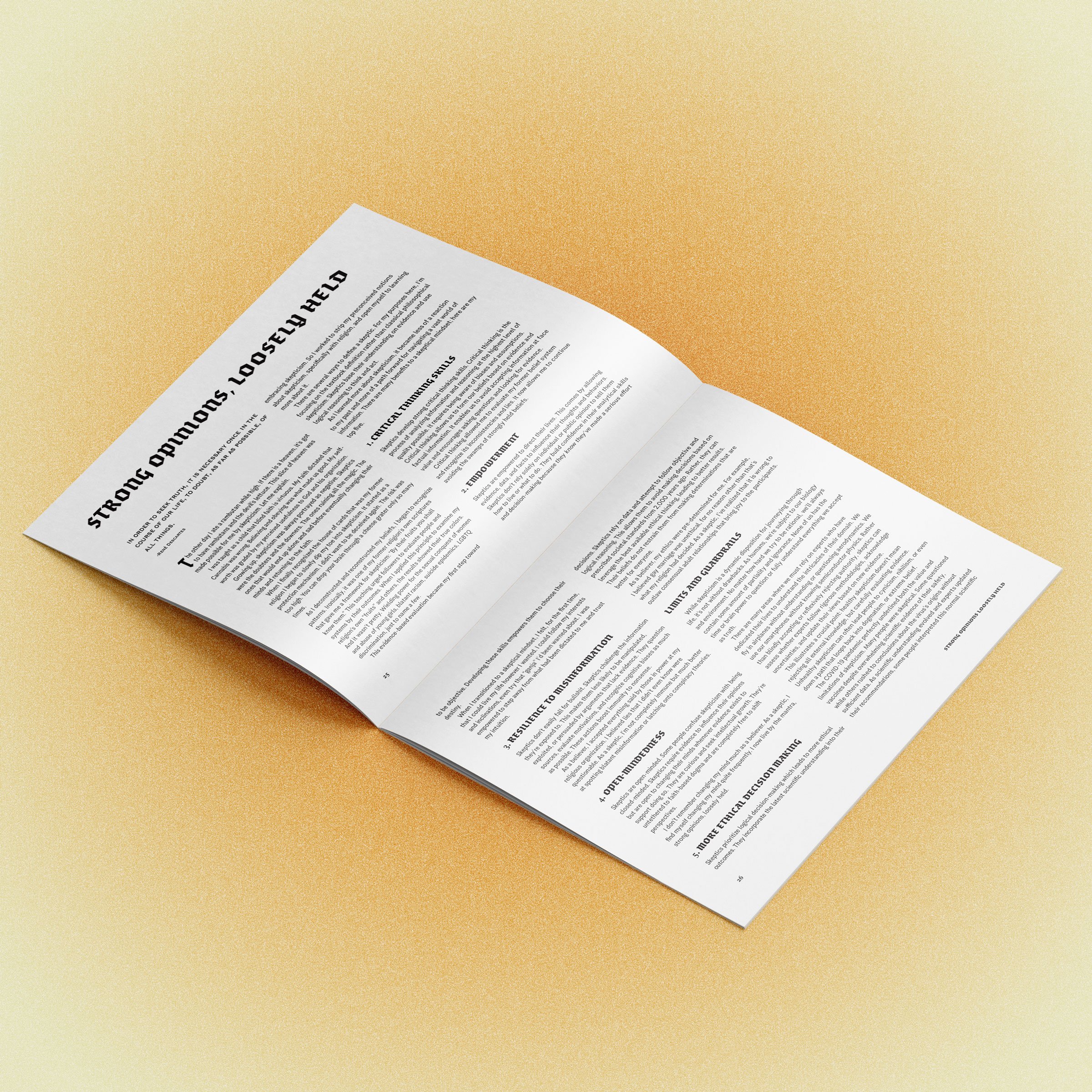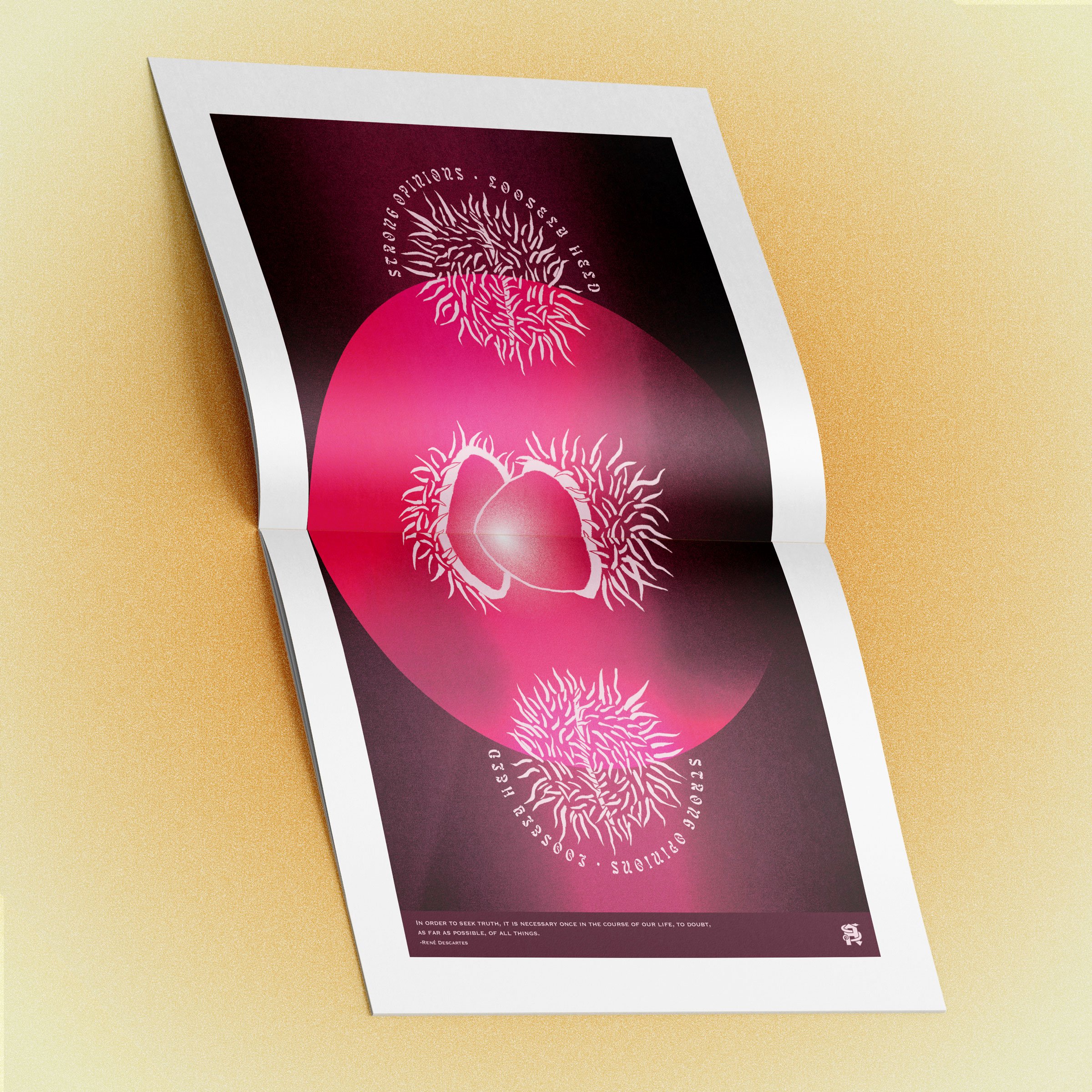Introduction & creators's note:
I’ve been locked in a cage match with belief for several years now.
I was raised in a high-demand religion that I now consider to have many characteristics of a cult.
As a missionary for my former church, I spent nearly every waking minute of several years committed to drawing other people into it. Only once I had escaped my former mindset was I able to think about belief more generally.
The stranglehold that my former belief system had on me, left me gasping for understanding.
Questions like: How are beliefs formed? How do they get cemented? How do they take over our identities? Why do they often feel so constricting? Why is it so difficult to change beliefs? Are there belief systems that don’t have so much collateral damage?
Let me start by saying I’m no expert. Whatever you do, don’t accept my conclusions at face value. Go out in the world and explore, question, wonder. Figure out what makes sense to you. Run it by others. Look at what others have already discovered. But don’t be held back by it.
When I evaluated the outcomes of my previous beliefs and those of other belief systems, I realized that they can be both the basis of extreme evil and collective prosperity. The distinction between the two isn’t always obvious. Like all things, it’s not black and white but includes many shades of gray.
The beliefs we choose to hold have profound implications not only for our own lives but for the world around us.
This collection is an invitation to explore the potential prisons of belief we often build for ourselves. And to discover the keys that might set us free.
-Joan Merlo











